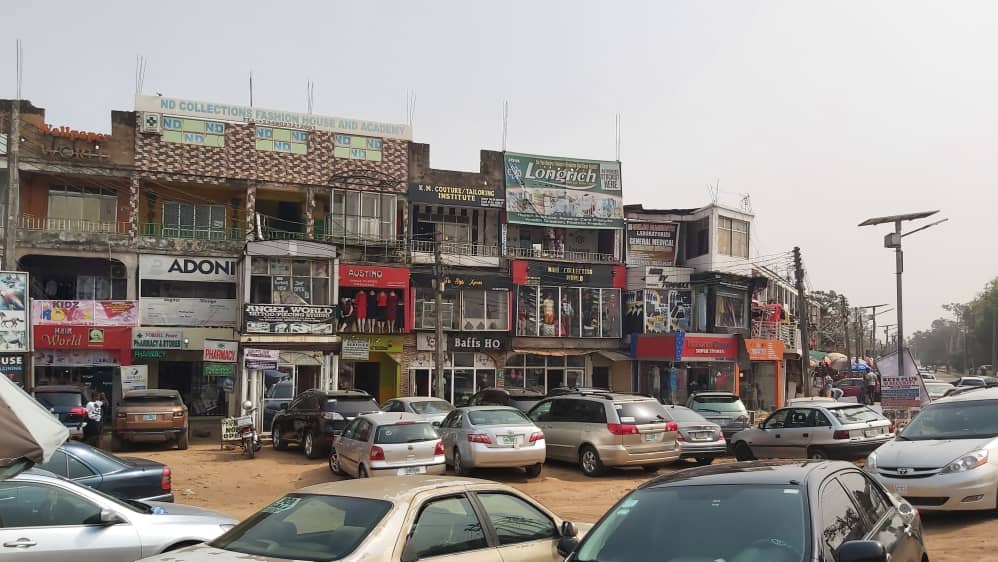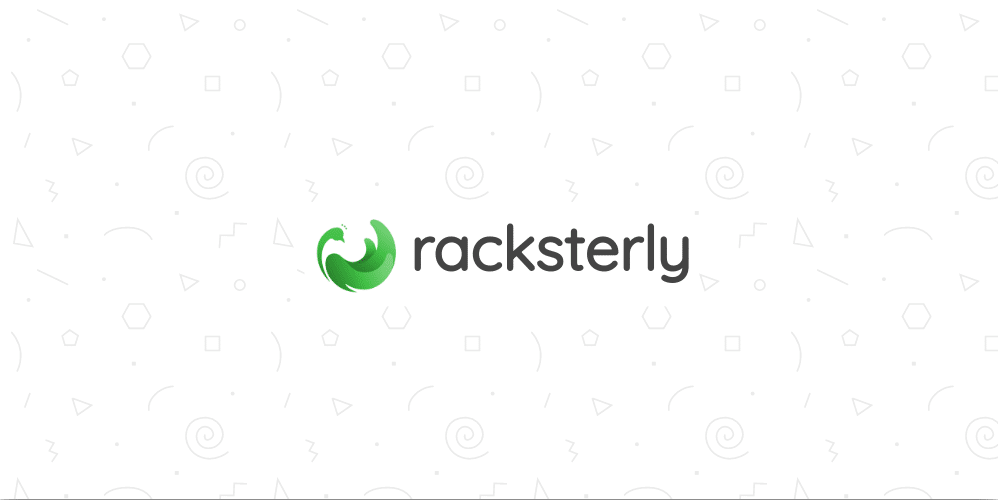You had an idea, a business one. You thought of this business idea for days, days turned to weeks, weeks to months, and months to probably even years. After examining the market, you proceeded to create a plan that’d help you actualise this dream. You knew what was at stake; the business could go south even though you had a well thought plan. You took the risk anyway.
However, there are billions of naira in the capital and financial market, for many aren’t comfortable with taking such risk. Or just maybe they do not have a knack for running a business like you do. Some can only accommodate minimal levels of risk. For we aren’t all wired to be entrepreneurs, are we?
The Risk of Being an Entrepreneur
As an entrepreneur, you face risks from competitors, political and economic crisis, and environmental challenges. The fact is the act of taking risks and running a business are mutually inclusive. Some risks are small, while others are considerably more significant.
Calculating these risks is deserving of serious attention, apropos being successful. I don’t think anyone in his right senses would take risk just for the fun of it, without caring about success.
The Need for Insurance
Here’s where insurance comes in: the business world is a pool of risk whereby the fortunate helps the unfortunate. It is similar to the way market women pay monthly contributions, and the one who needs a chunk of money takes a loan from the fund. Even so, with insurance you don’t need to pay back.
The insurance company simply estimates the risk involved in running your business, and you’re billed accordingly. Unforeseen situations are estimated because they are usually unpredictable. Running a business exposes you to risk so catastrophic that could be enough to wipe out a small business. This can be avoided when you insure your business.
We may be in the festive season, but insurance companies are no Santa. There is, however, a clause. They aren’t run as charity organizations because they exist to make profits. They have employees that need to be paid. An insurance broker or agent makes money off commissions from selling insurance to individuals or businesses. The commissions are from percentage of the premiums you pay to the Insurer.
How Insurance Works
The Insurer estimates the probability of encountering an accident, and calculates the frequency or rate of its occurrence. It is usually calculated per annum for each customer. After they calculate the amount, they add miscellaneous and bill you higher. For example, if your expected loss per month is N10,000, you may to asked to pay a monthly premium of N12,000. So, you’d definitely pay higher as it’s business for them.
If after some months they realise that the frequency of occurrence of accidents in your business has increased, they’d revise your premium upwards.
For example, let’s say your business is insured for N10,000,000 and the chances of you losing the business to a disaster in any given year is 1 in 1,000. The annual expected loss on your business is N10,000. The annual premium for the insurance coverage needs to be more than N10,000 for the insurance firm to make profit. So, when the worth of your business increases drastically, it is reviewed.
When it comes to mathematics or the arithmetic calculations, the insurance company always have an edge. They tend to calculate the loss accurately, and that’s the reason why they are still in business. If not, they’d be gone too soon.
Their calculations are based on game theory, so they use mathematical models that make the results zero-sum. The algorithm they use is similar to those used by casinos and betting websites. You’d always hear betting websites making millions yearly and not the reverse, because they have the odds in their favour.
Most insurance companies also provide an option to reduce your premium when you are not making any claims. It is mostly for car insurance. That is when your company’s car is not as risky as they had earlier assessed, they give you a no claims bonus. Different companies have different offers.
It’s their way of saying thank you for driving your company car safely. The more claim-free years you have, the better your bonus will be. If you’re into dry or wet haulage business, you’d understand how relieving it is to get a bonus from your premiums paid. Premiums paid per annum are usually in millions of naira.
Limitations
There are some situations where even insurance companies may not be able to help. For example, let’s consider the Otedola Bridge fire accident that occurred on the 27th of June, 2018 at the Lagos end of the Lagos-Ibadan Expressway. A tanker lorry fully loaded with petroleum product fell, leaked and exploded.
According to the Nigerian Federal Road Safety Corps, about 54 vehicles were burnt with the tanker. Usually in insurance policy documents, it is stated that if a third party is involved in an accident both insurance companies will share the costs for repair, towing and any injuries. So, in the Otedola Bridge accident, the insurance company would only reimburse the value of the insured tanker and not the associated cars, which of course makes sense.
The Higher the Risk, the Larger the Cost
Tankers hauling petroleum products are usually insured at about N4,000,000 to N10,000,000 per annum, as it is a requirement for most oil down stream companies. This is because transporting petroleum products have a very high risk, as a result of the bad roads around the country.
You can’t expect a person whose business involves moving products worth tens of millions on bad roads to “absorb the shock” when accidents occur, insurance is rather pertinent. But the insurance wouldn’t cover such catastrophic event like the one that occurred at the bridge. However, this does not belittle the usefulness of the insurance.
Should I Insure my Business?
When deciding whether to insure a business or not, it often comes down to a person’s risk appetite. There are no rigid rules. If you can plan out risk absorption and apply it, it would be helpful if the risk of loss is low.
If you want peace of mind, insurance is often the better option. Carefully read the insurance documents to understand what it entails. While for others, they use diversification and expansion to further alleviate risk exposure. Well, that would be a topic for another day.
Insurance is often likened to a condom. It is better to have it but not need it, than to need it but not have it. Work smart, stay safe.
Zerofy Editorial is a team of writers determined to provide evergreen content to millions of readers worldwide.





